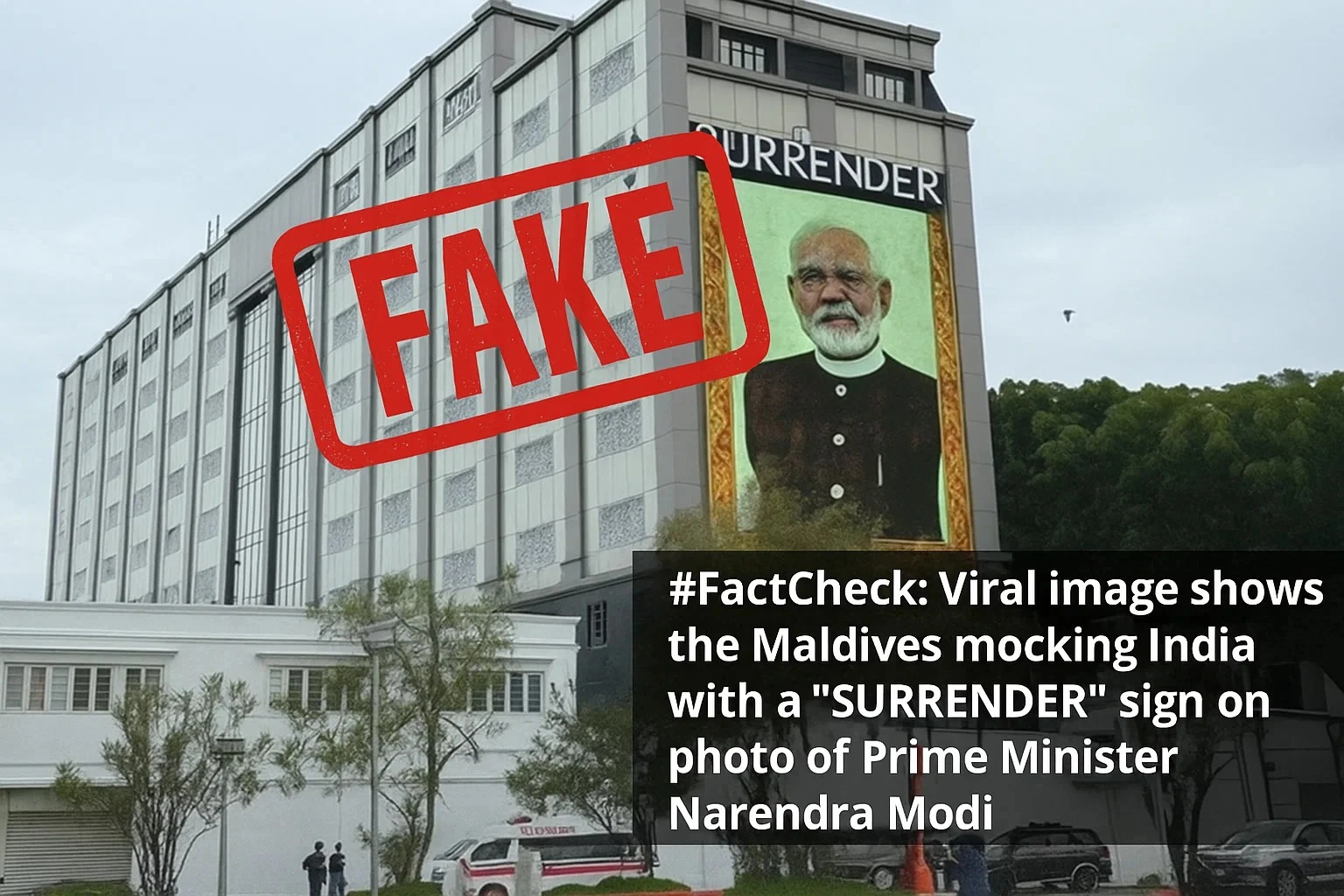Global Food Industry and Misinformation
Introduction
The global food industry is vast and complex, influencing consumer behaviour, policy, and health outcomes worldwide. However, misinformation within this sector is pervasive, with significant consequences for public health and market dynamics. Misinformation can arise from various sources, including misleading marketing campaigns, unsubstantiated health claims, and misrepresentation of food production practices through public endorsement or otherwise. Nutrition misinformation is one such example. The promotion of false or unproven products for profit can lead to mislead consumers and affect their interests. Misleading claims and inaccurate information about the nutritional value of food products and processes are common claims. The misinformation created about food on the global stage distorts public understanding of nutrition, food safety, and environmental impacts, leading to significant consequences for public health, consumer trust, and the economy.
Rise of Nutritional Misinformation and Consumer Distrust
Health and nutrition-related misinformation is one of the most prevalent types in the food sector. Businesses frequently advertise their products as "natural" or "healthy" without providing sufficient data to back up these claims, tricking customers into buying goods that might be heavy in fat, sugar, or salt. Words like "superfood" are frequently used without supporting evidence from science, giving the impression that they are healthier.
Misinformation also impacts the sustainability and ethics of food production. Claims of "sustainable" or "ethical" sourcing are frequently exaggerated or fabricated, leaving consumers unaware of the true environmental and social costs associated with certain products.
This lack of clarity is not only observed in general food trends but also within organisations meant to provide trustworthy information. There has been significant criticism, directed at the International Food Information Council (IFIC), for their alleged promotion of nutrition-based misinformation to safeguard the interests of large food corporations, resulting in potentially compromising public health. The preemptive claims that IFIC made about the nutritive claims have been questioned by the National Institutes of Health, USA in November 2022. They reported in their study that IFIC promotes food and beverage company interests and undermines the accurate dissemination of scientific evidence related to diet and health. This was in support of the objective of the study, which was to determine whether, there have been many claims that the nutritional value of certain foods or diets may be manipulated to favour business goals, leaving consumers misinformed about what constitutes a truly healthy diet.
Another source of misinformation is the growing ‘Free-From’ fad. The “free-from” label in the US is a food category of products that claim to be free from certain ingredients or chemicals. It has been steadily growing by 7% annually. These labels often tout products as healthier due to a simpler ingredient list. Although seemingly harmless, transparency in ingredient disclosure is often obscured in the 'free-from' trend. This can lead to consumer distrust in the long run, making them hesitant.
The Harmful Effects of Food Misinformation
The effects of misinformation about nutrition and food safety can directly affect public health.
Consumers unknowingly may accept false claims or avoid certain foods without scientific basis and adopt harmful dietary habits, potentially leading to malnutrition or other health problems. By the time the realisation sets in about being misled, their trust is eroded not only towards such companies but also towards the regulators. This distrust can lead to declining consumer confidence and disrupt market stability.
Some food-related misinformation downplays the environmental impact that certain food production practices have. An example of such a situation is the promotion of meat alternatives as being entirely eco-friendly without considering all environmental factors. This can mislead consumers and obscure the complex environmental effects of food production systems.
Misinformation can distort consumer purchasing habits, potentially leading to a reduced demand for certain products and unfair competition. The sufferers in this case are the small-scale producers who suffer disproportionately, while the large corporations might use this misinformation to maintain their dominance in the market. Regulatory checks, open communication, and public education campaigns are needed to combat mis/disinformation in the global food sector and enable consumers to make decisions that are sustainable, healthful and informed.
CyberPeace Recommendations
- Unfair trade practices like providing misleading information or unchecked claims on food products should be better addressed by the regulators. Companies must provide clear, transparent and accurate information about their products as mandated under the Food Safety and Standards (Advertising and Claims) Regulations, 2018. This information should include the true origins, production methods, and nutritional content on their labels.
- Promotions of initiatives and investments by public health organisations and food authorities towards educating consumers and improving food literacy should encouraged.
- Regulating social media endorsement is also crucial to prevent the spread of misinformation and unchecked claims. Without proper due diligence on product details, influencers may unknowingly mislead their audience, causing potential harm.
- The Social Media Platforms can partner with nutritionists, dietitians, and other health professionals who are content creators, as they can help in understanding and promoting accurate, science-based nutrition information and debunk any misleading claims.
- Campaigns should be encouraged to spread public awareness about the harms of food-related misleading claims or trends. Emphasis should be on evidence-based nutritional guidance. The ongoing research towards food safety, nutrition, and true information should be actively communicated to keep the public informed. Combating food misinformation requires more robust regulations, improved transparency, and heightened consumer awareness and vigilance.
References
- https://timesofindia.indiatimes.com/india/label-claims-on-packaged-food-could-be-misleading-icmr/articleshow/110053363.cms
- https://www.outlookindia.com/hub4business/empowering-change-freedom-food-alliance-takes-on-global-food-industry-misinformation
- https://insightsnow.com/misinformation-hurting-food-business/
- https://www.ncbi.nlm.nih.gov/pmc/articles/PMC9618198/pdf/12992_2022_Article_884.pdf













